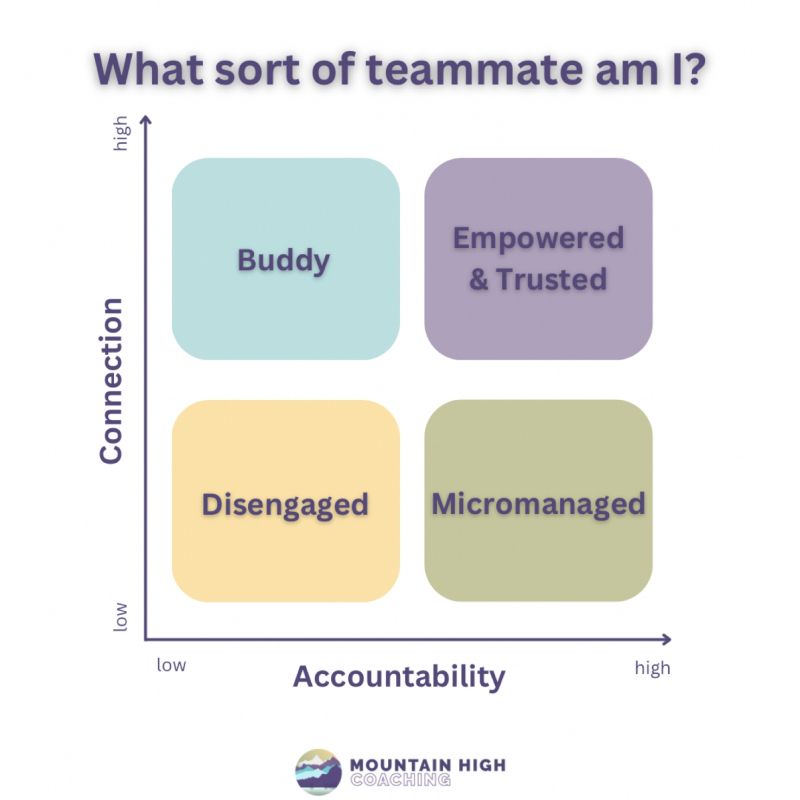Have you heard of experiential intelligence?
It’s basically a measure of how your experiences throughout your life have shaped and influenced how you think, what you know, and how you use all the knowledge and wisdom you’ve accumulated over your lifetime.
It’s why experiential learning courses, where you are learning theory of some sort and then immediately putting that theory into action to embed your learning through repeated practice, failure and experimentation, are so much more impactful than just sitting and passively listening to a lecture.
Think of the kids who have gone into science as adults because they had so much fun getting stuck into chemistry experiments in the school lab.
The experiential life and team coach training that I undertook was life changing for me simply because, through the practice of coaching and being coached, we got to discover so much about ourselves. No-one came out of that learning experience the same person as when they started.
We practiced coaching from hour 1, day 1 on each other about real-life problems, feelings, relationships and fears. We felt the responsibility.
And we experienced being coached about our own real-life problems, feelings, relationships and fears. We felt the need to be brutally honest with ourselves so that we could activate and discover our inner wisdom and power of choice and move forward.
It was deep, sometimes raw, and very, very real.
And so much fun! We cried, but we also laughed. A lot.
And this is what team coaching is all about.
It’s not about sitting round a table and politely discussing the theory of what the issues are, what the goals are, what change is needed, and then going away and hoping that things will miraculously change just because you unanimously agreed that it should.
Nope, sorry.
Team coaching involves delving deeply into the beating heart of what gives the team life, energy, focus and purpose, AND what’s draining the team of life, energy, focus and purpose.
It’s about digging in with honesty, openness, courage and commitment.
And no, that’s not an open door for aggression, rudeness and disrespect.
The reality is that some of the issues a team needs to confront and work through will feel uncomfortable, awkward, and disappointing, but from that place of understanding you can then actively be part of creating something new, more honest, more real and more connecting.
To confront the things you’ve habitually avoided. To say out loud the things you’ve stayed silent on.
To move forwards it’s important to experience the experience of others. To have a view of the perceptions of others.
It offers deeper insights, grows self-awareness, creates curiosity, boosts empathy and caring.
Experiential intelligence, in other words.
And then you have choices on how to co-actively build what you want. Together.









